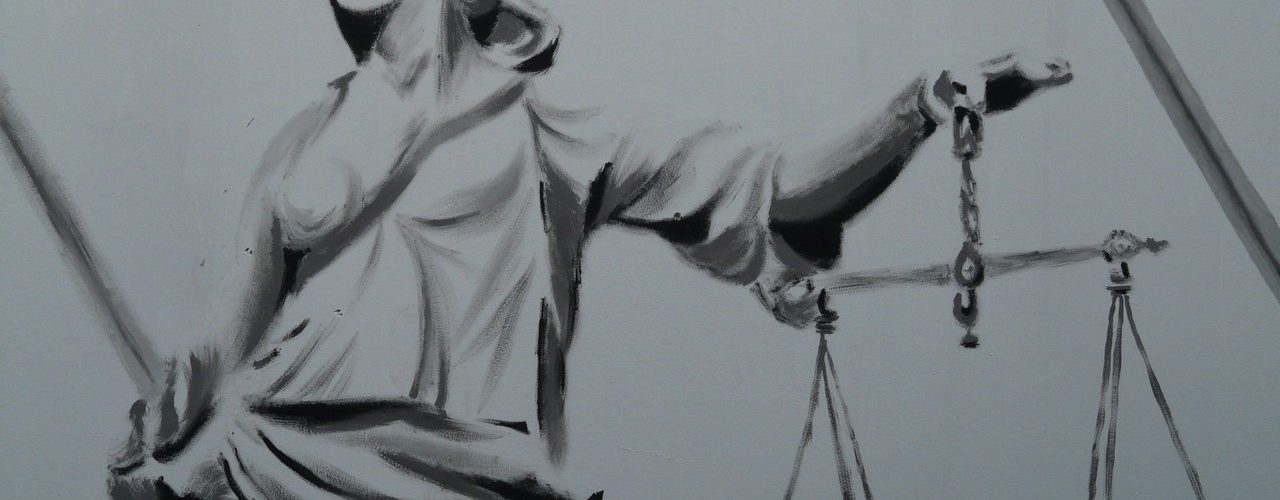On September 14, 2006, the ECJ issued its decision in the case C-228/05 (Stradasfalti).
Context: Sixth VAT Directive – Articles 17(7) and 29 – Right to deduct input VAT
Article in the EU VAT Directive
Article 17(7) of the Sixth VAT Directive 77/388/EEC (Article 177 of the EU VAT Directive 2006/112/EC)
Article 177 (Right to deduct VAT)
After consulting the VAT Committee, each Member State may, for cyclical economic reasons, totally or partly exclude all or some capital goods or other goods from the system of
deductions.
In order to maintain identical conditions of competition, Member States may, instead of refusing deduction, tax goods manufactured by the taxable person himself or goods which
he has purchased within the Community, or imported, in such a way that the tax does not exceed the amount of VAT which would be charged on the acquisition of similar goods.
Facts
- Stradasfalti is a limited company governed by Italian law, whose registered office is in the province of Trente and which carries out road works.
- It owns company cars which are not intrinsic to its activity as such, with the result that the purchase, use, maintenance and supply of fuel of such vehicles have not given rise to a right to deduct VAT, pursuant to the Italian legislation.
- Taking the view that that legislation was incompatible with the provisions of the Sixth Directive concerning the deductibility of VAT, Stradasfalti claimed, on 7 July 2004, repayment from the Revenue Agency – Trento Office of around EUR 31 340 by way of reimbursement of VAT paid from 2000 to 2004 for the purchase, use, maintenance and supply of fuel for its company cars.
- That claim was rejected by several decisions adopted on 15 July 2004 by the Revenue Agency – Trento Office.
- On 22 November 2004, Stradasfalti brought an action before the Commissione tributaria di primo grado di Trento (Tax Court of First Instance, Trento), seeking the annulment of those decisions and reimbursement of the VAT for the periods in question.
Questions
AG Opinion
(1) The first sentence of Article 17(7) of Sixth Council Directive 77/388/EEC does not authorise a Member State to exclude goods from the system of deducting value added tax without first consulting the committee provided for in Article 29 of the directive. The Member State consulting the committee must provide, for each proposed legislative act, sufficient information as to the specific content of the exclusion for the other Member States and the Commission to be able to form a view as to whether it meets the substantive criteria laid down in Article 17(7).
(2) Article 17(7) of the Sixth Directive authorises only temporary measures responding to short-term economic circumstances. A measure maintained in force for a period exceeding the duration of such circumstances, without substantial modification such as to respond to a changed economic situation, cannot be authorised under that provision.
(3) If a national measure excluding certain goods from the deduction system has not been validly adopted in accordance with Article 17(7), a taxable person affected by the exclusion may recalculate his VAT liability in accordance with Article 17(2) of the Sixth Directive, entailing an immediate right to deduction, limited however to the extent to which the goods in question were used by the taxable person for the purposes of making taxable output supplies. Any necessary calculations must be established in accordance with the conditions laid down by national law, which have to observe the principles of equivalence and effectiveness.
Decision
1. The first sentence of Article 17(7) of Sixth Council Directive 77/388/EEC of 17 May 1977 on the harmonisation of the laws of the Member States relating to turnover taxes – Common system of value added tax: uniform basis of assessment requires the Member States, in order to respect the procedural obligation of consultation laid down by Article 29 of that directive, to inform the Advisory Committee on value added tax established by that article that they intend to adopt a national measure derogating from the general system of deducting value added tax and to provide that committee with sufficient information to enable it to examine the measure in full knowledge of the facts.
2. The first sentence of Article 17(7) of Sixth Directive 77/388 must be interpreted as not authorising a Member State to exclude goods from the system of deducting value added tax without first consulting the Advisory Committee on value added tax established by Article 29 of that directive. Nor does that provision authorise a Member State to adopt measures excluding goods from the system of deducting that tax which contain no indication as to their limitation in time and/or which form part of a body of structural adjustment measures whose aim is to reduce the budget deficit and allow State debt to be repaid.
3. In so far as an exception from the system of deductions has not been established in accordance with Article 17(7) of the Sixth Directive, the national tax authorities may not rely as against a taxable person on a provision derogating from the principle of the right to deduct value added tax set out in Article 17(1) of that directive. A taxable person which has been subject to that derogating provision must be able to recalculate its value added tax debt in accordance with Article 17(2) of the Sixth Directive 77/388, in so far as the goods and services have been used for the purposes of taxable transactions.
Personal comments/VATupdate
Source:
Similar ECJ cases
Newsletters















